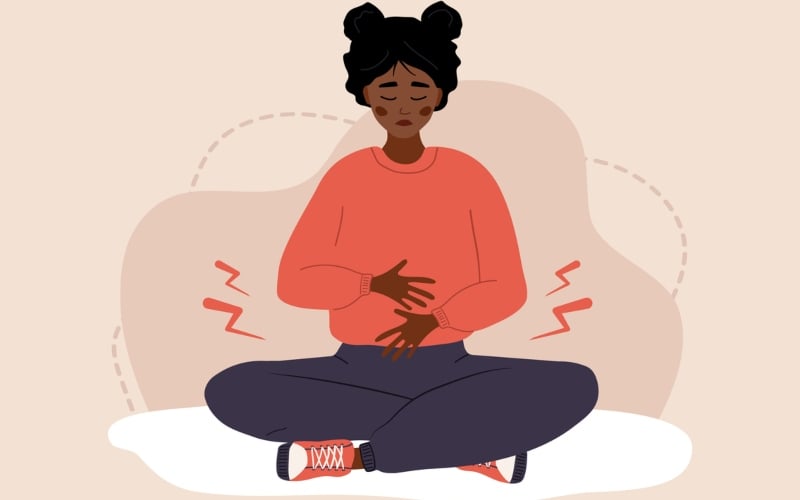There are a number of personality disorders that a person may experience. Here’s a look at 3 different disorders, including their symptoms, and treatment options that are available for them. Keep reading to find out more information to help you or a loved one address your mental health concern.
Major Personality Disorders

There may be aspects of your personality that you haven’t seen in other people, and you are concerned that they are indicative of a personality disorder. You will need to know what is fine and what you should be concerned about. Here are descriptions of 3 serious personality disorders.
You can also refer to BetterHelp to learn additional details about personality.
Borderline Personality Disorder
If a person is experiencing borderline personality disorder or BPD, they generally may have issues in many aspects of their life. They likely cannot control the way they feel or act and fear being alone.
Symptoms include:
- Often being intensely angry
- Unable to hold onto relationships
- Afraid people will leave you
- Reckless behaviors
- Thinking negative thoughts about yourself
Once you determine that you are experiencing any of these symptoms, you may want to visit with a mental health professional. A therapist should be able to start you on a treatment option that could help you lessen some of these symptoms and work on strengthening relationships.
If you notice these symptoms in someone you care about, you should talk to them about getting mental health support. They may be in need of it if they would like to change the way they think and act.
Treatment options include psychotherapy, as well as other types of therapy that may be able to make a difference. Besides this, a psychiatrist may prescribe medicines, which can lessen certain symptoms as well.
A specific treatment option for BPD will be based on the individual and what they are experiencing.
Narcissistic Personality Disorder
Narcissistic Personality Disorder may be present when a person doesn’t have any regard for how other people are feeling. Someone that is experiencing this condition may think of themselves as the most important person out there and view their accomplishments are more important than those of others.
Symptoms include:
- Having expectations of others that are not reasonable
- Thinking you are better than other people
- Feeling like your accomplishments are better than others
- Thinking you are owed praise and envy
- Using people to get what you want
- Feeling like you deserve the best of everything
- Not being realistic about your accomplishments and skills
Many people that have these symptoms may not be able to notice them within themselves. This is because they could feel like they are doing nothing wrong. However, if you are a loved one of someone that is exhibiting these behaviors, they may be easier to spot.
You should encourage a person that seems to have symptoms related to narcissistic personality disorder to get checked out by a therapist. Be open and honest with them and they may be able to see your point of view on the matter.
Treatment options include therapy and medications, just like with other personality disorders. There are a number of prescriptions that might be included in a treatment plan, depending on what symptoms are present.
Obsessive Compulsive Personality Disorder
Obsessive Compulsive Personality Disorder, or OCPD is another personality disorder you may be familiar with. It involves people not being able to explain themselves well and they might become obsessed with details in some aspect of their lives and unable to nurture other parts.
Symptoms include:
Being very concerned about rules
Strong in their beliefs
Unable to nurture relationships
Unrealistic expectations for themselves
Perfectionist tendencies
If you notice these symptoms in yourself and you want to change these aspects of your personality, you can consider getting support. Many people that have this type of personality disorder are more concerned with working and following order, so their relationships with their mate or kids may not get the attention it needs.
On the other hand, when you note these things in someone you care about, you can still talk to them about getting mental health help. Again, you should tell them how you feel, what you have been observing, and why you think this needs to change. Your opinion might make a difference to them.
Treatment options include psychotherapy and medications. Options relating to therapy and prescriptions will be personalized based on the symptoms that someone is experiencing.
Overview
There are number of personality disorders that a person may show signs of. These are just a few of the types that are possible. If you or someone you know has symptoms that are listed in this article, you should remember that there is help out there.
Seeking aid for a mental health condition may be able to change your life and your routine. If this is something that sounds good to you, don’t wait to take the next step.

Photo Credit: iStock
The post Signs of Major Personality Disorders and How to Notice Them in a Loved One appeared first on The Good Men Project.
Original Article










